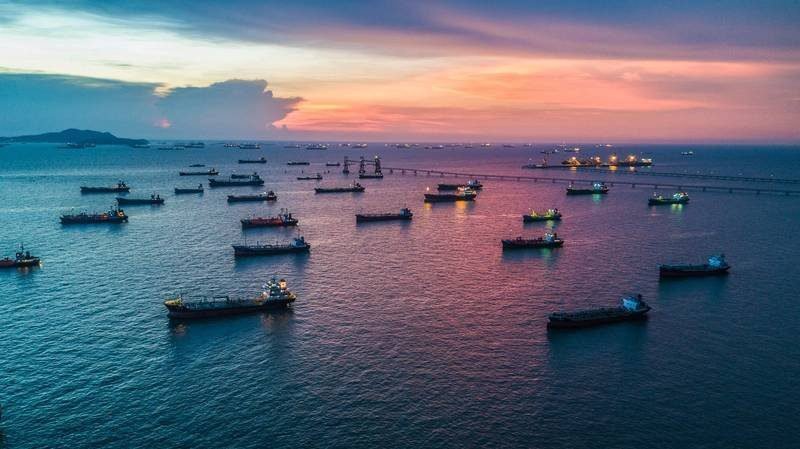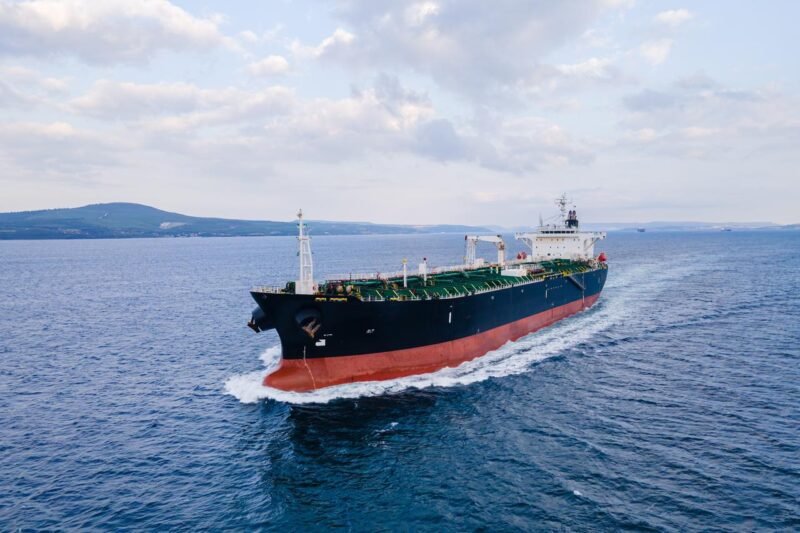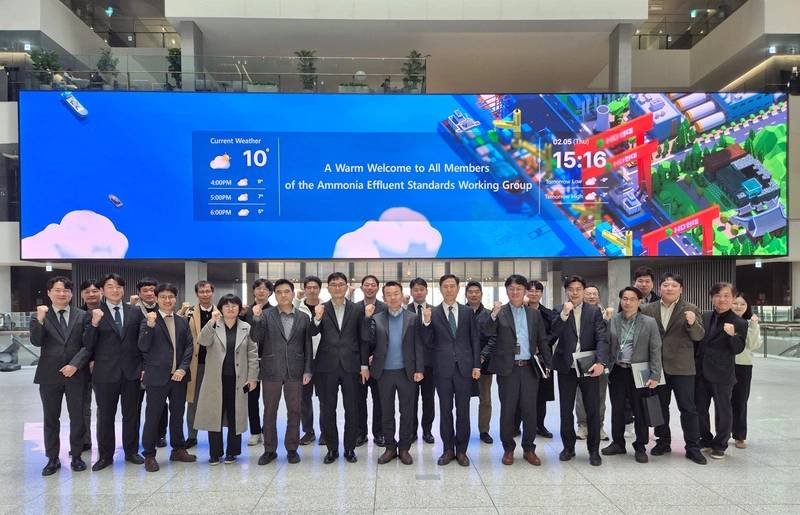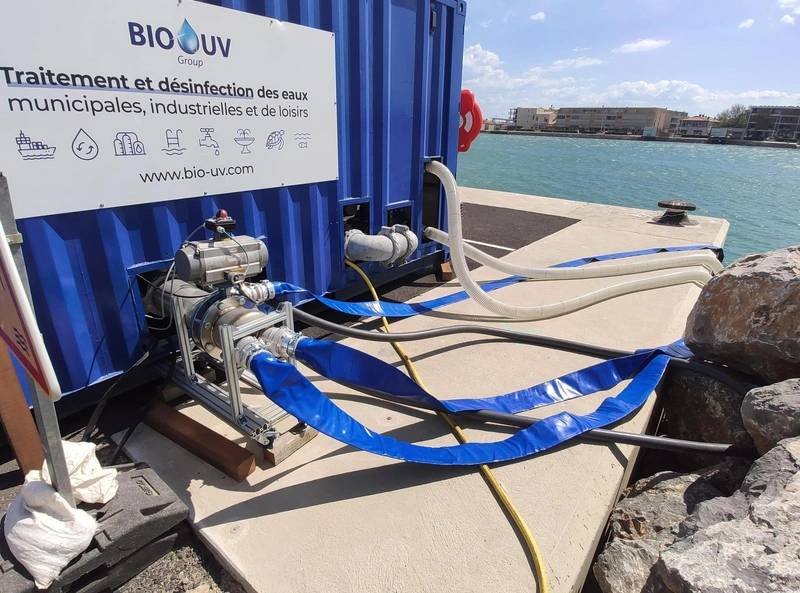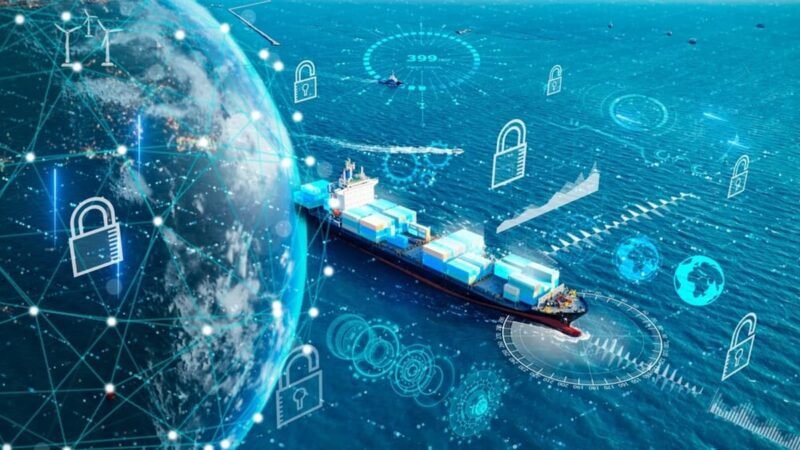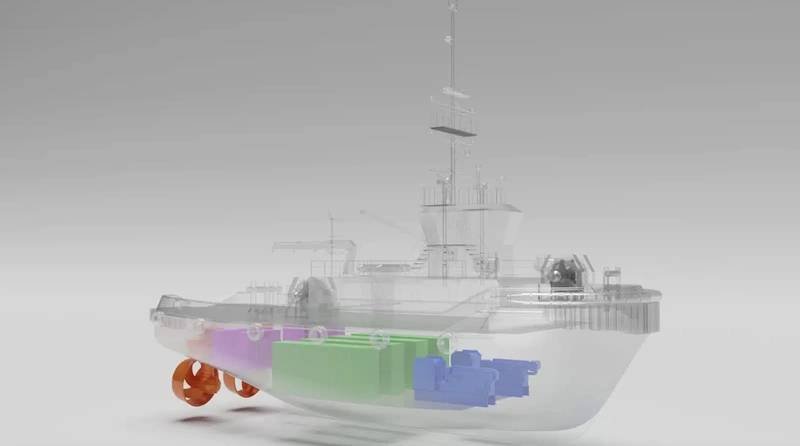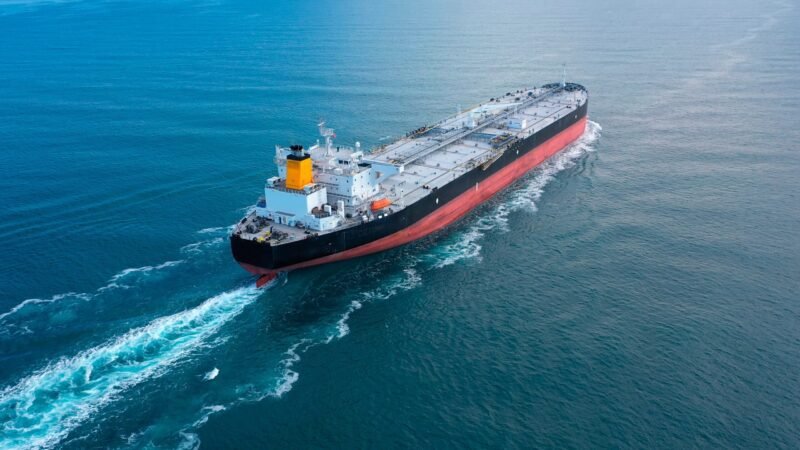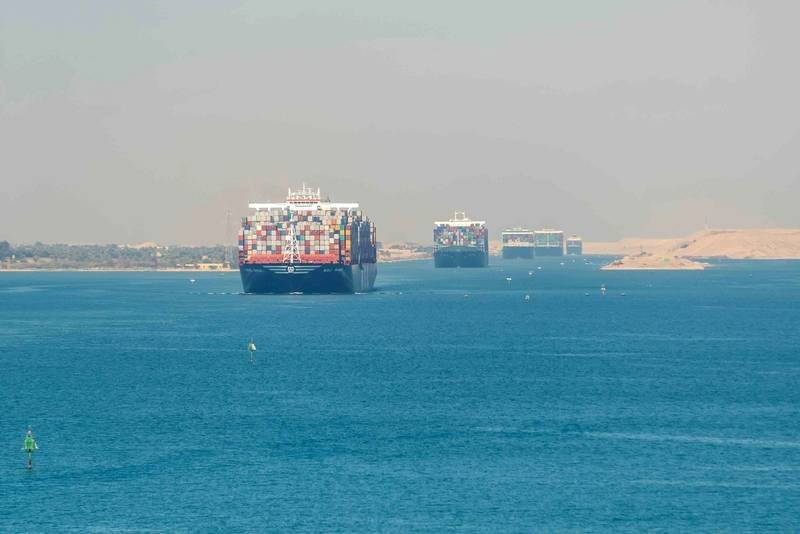Lloyd’s Register’s Global Maritime Trends 2025 Barometer highlights the challenges facing the global shipping industry in achieving its net-zero and digital transformation goals. The report emphasizes that fragmented regulation is hindering progress in decarbonization and limiting investment in the sector. Without robust regulatory support at a global level, the industry risks falling short of its ambitions.
The Barometer, launched at Sea Asia, provides a data-driven assessment of the maritime industry’s energy and digital transition progress. It identifies key components such as maritime trade, energy, vessels, ports, and people. Despite advancements in alternative fuel technologies and digital innovations, the report reveals that widespread adoption of green fuels is unlikely without coordinated regulation.
One of the report’s key findings is the critical gaps in workforce development, with workforce training programs lacking in preparing seafarers for the industry’s transitions. The report also acknowledges areas of progress, such as major ports accelerating decarbonization initiatives and enhanced connectivity improving productivity. However, the report emphasizes that voluntary action alone is insufficient, and policy intervention is necessary to drive large-scale transformation across the industry.


